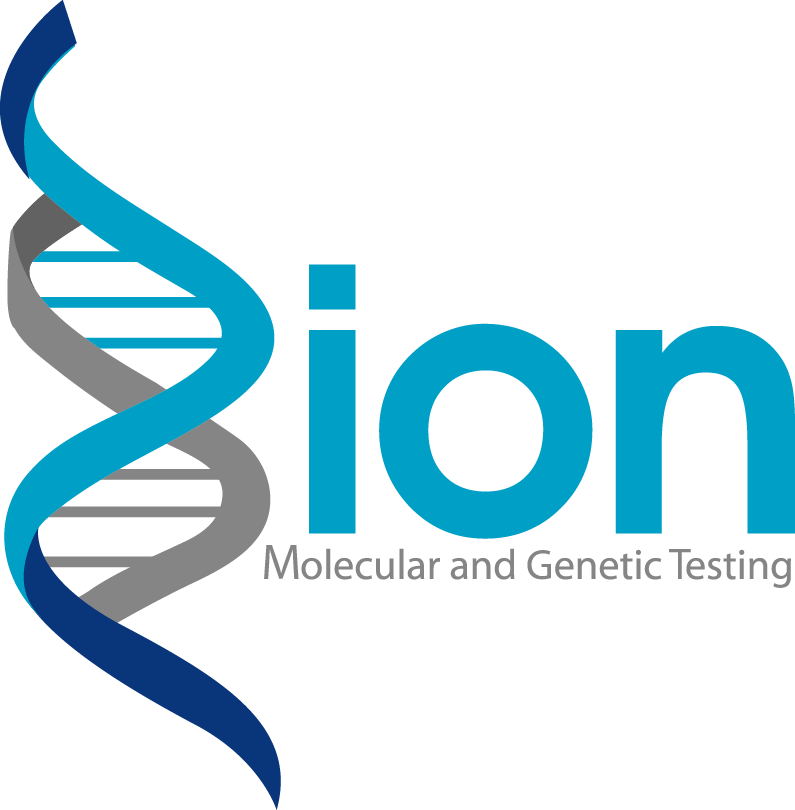By offering primary care patients genetic testing with their annual physical, NorthShore University HealthSystem hopes to define the value of precision medicine for improving quality of care.
by Matt Kuhrt |

To better manage patient health, healthcare systems are looking for innovative ways to manage health risk. And to better manage patient health, NorthShore University HealthSystem is encouraging patients to add a genetic test to their annual physical.
While NorthShore gauges patient interest in taking the test and helps patients choose what types of screening they may want, patients must pay for any testing themselves, according to an article in Business Insider. The hospital uses an algorithm that scans a patient’s EHR information to determine the appropriate tests. Because those tests tend to be relatively specific and the science behind the testing changes constantly, the hospital expects such testing to be done annually, rather than as a one-time screening.
As healthcare providers take on more risk for patient health in the context of value-based care, facilities like NorthShore feel a need to be “more proactive” about keeping patients healthy, rather than focusing solely on treating them when they become ill, Peter Hulick, M.D., the facility’s director of the Center for Personalized Medicine, told the publication
Some analysts have already dubbed the advent of consumer genetic testing a turning point for the practice of precision medicine, which uses genetic data to attempt to predict conditions to which patients may be prone, such as cancers that carry a known hereditary risk. Whether precision medicine warrants the positive buzz remains an open question, however, especially as labs responsible for genetic testing have come under scrutiny for aggressive marketing efforts and alleged kickback schemes.
Some of the questions surrounding the efficacy of genetic testing stem from the relative novelty of the field, so part of NorthShore’s mission in adding the tests lies in fleshing out the type of value such tests may have, according to the article.
Scientific data aside, the tests have been good for patient satisfaction, according to Hulick. He says offering the option of genetic testing has generated positive feedback, even among patients whose histories did not indicate a need to do any testing.
